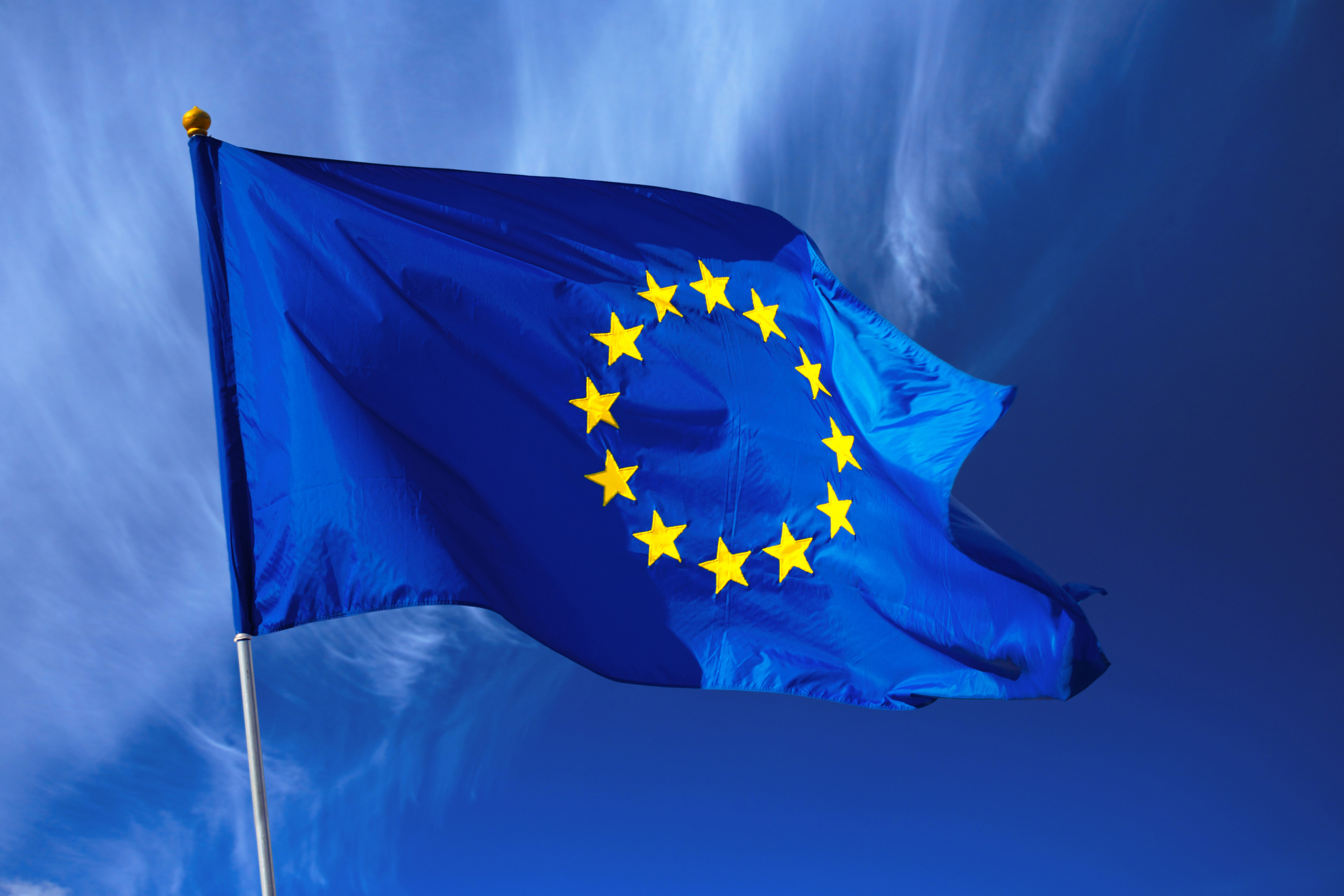EU proposes radical data protection refresh
The EC does as expected in proposing 24-hour breach disclosure rules and heightened powers for regulators like the ICO.


Sign up today and you will receive a free copy of our Future Focus 2025 report - the leading guidance on AI, cybersecurity and other IT challenges as per 700+ senior executives
You are now subscribed
Your newsletter sign-up was successful
The European Commission has proposed widespread changes to data protection rules governing Europe, including the addition of significant fines for breaching the laws.
The EC wants to replace the current directive, issued in 1995 when the internet had little traction across Europe, with legislation that applies to all member states.
As part of its changes, companies who breach the rules could be told to pay out as much as 1 million (831,000).
I would have thought all the data protection regulators are going to be made up it's like Christmas for them.
The EC has proposed both a regulation, setting out "a general EU framework for data protection" and a directive which sets out rules on the protection "of personal data processed for the purposes of prevention, detection, investigation or prosecution of criminal offences and related judicial activities."
Despite concerns, the EC believes that stricter rules will hinder economic growth across Europe, businesses will actually be saved around 2.3 billion a year thanks to the streamlined processes being proposed.
In particular, the regulation will get rid of separate laws governing different nations, thereby easing administrative burdens, the EC said.
Sign up today and you will receive a free copy of our Future Focus 2025 report - the leading guidance on AI, cybersecurity and other IT challenges as per 700+ senior executives
"With this reform the European Union will create a real single digital market, accessible both for companies and consumers. It will make the European Union an international standard setter in terms of modern data protection rules," said EU justice commissioner Viviane Reding, the EC's vice president.
"[Businesses are] confronted with a real load of notification requirements a patchwork of laws, a load of reporting requirements this leads to legal uncertainty, to legal fragmentation.
"Reform will eliminate the unnecessary administrative burden as well as the many costs linked to different reporting requirements existing throughout the EU. It will do so with one main text. "
According to Reding, 72 per cent of EU citizens are concerned businesses will misuse their data.
The legislation will take effect two years after it is officially adopted.
24-hour rule
One of the more controversial aspects of the regulation is its request that companies inform both affected parties and data protection authorities when a breach occurs within 24 hours.
Tom Brewster is currently an associate editor at Forbes and an award-winning journalist who covers cyber security, surveillance, and privacy. Starting his career at ITPro as a staff writer and working up to a senior staff writer role, Tom has been covering the tech industry for more than ten years and is considered one of the leading journalists in his specialism.
He is a proud alum of the University of Sheffield where he secured an undergraduate degree in English Literature before undertaking a certification from General Assembly in web development.
-
 AWS CEO Matt Garman isn’t convinced AI spells the end of the software industry
AWS CEO Matt Garman isn’t convinced AI spells the end of the software industryNews Software stocks have taken a beating in recent weeks, but AWS CEO Matt Garman has joined Nvidia's Jensen Huang and Databricks CEO Ali Ghodsi in pouring cold water on the AI-fueled hysteria.
-
 Deepfake business risks are growing
Deepfake business risks are growingIn-depth As the risk of being targeted by deepfakes increases, what should businesses be looking out for?
-
 EU lawmakers want to limit the use of ‘algorithmic management’ systems at work
EU lawmakers want to limit the use of ‘algorithmic management’ systems at workNews All workplace decisions should have human oversight and be transparent, fair, and safe, MEPs insist
-
 LastPass hit with ICO fine after 2022 data breach exposed 1.6 million users – here’s how the incident unfolded
LastPass hit with ICO fine after 2022 data breach exposed 1.6 million users – here’s how the incident unfoldedNews The impact of the LastPass breach was felt by customers as late as December 2024
-
 Cyber pros say the buck stops with the board when it comes to security failings
Cyber pros say the buck stops with the board when it comes to security failingsNews Fines, sanctions, and even prosecution are all on the table when it comes to cyber failings, practitioners believe
-
 Scania admits leak of data after extortion attempt
Scania admits leak of data after extortion attemptNews Hacker stole 34,000 files from a third-party managed website, trucking company says
-
 23andMe 'failed to take basic steps' to safeguard customer data
23andMe 'failed to take basic steps' to safeguard customer dataNews The ICO has strong criticism for the way the genetic testing company responded to a 2023 breach.
-
 European Commission calls for cyber security proposals
European Commission calls for cyber security proposalsNews With a special focus on healthcare, the Commission is looking to allocate €145.5 million
-
 AI recruitment tools are still a privacy nightmare – here's how the ICO plans to crack down on misuse
AI recruitment tools are still a privacy nightmare – here's how the ICO plans to crack down on misuseNews The ICO has issued guidance for recruiters and AI developers after finding that many are mishandling data
-
 “You must do better”: Information Commissioner John Edwards calls on firms to beef up support for data breach victims
“You must do better”: Information Commissioner John Edwards calls on firms to beef up support for data breach victimsNews Companies need to treat victims with swift, practical action, according to the ICO
